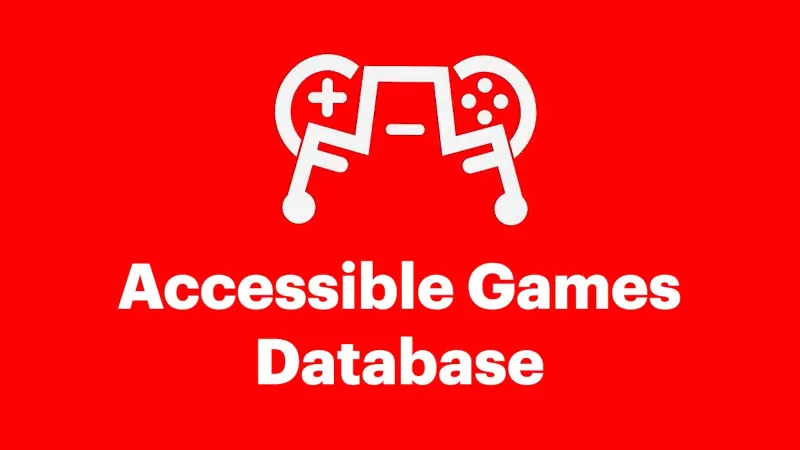How to Prove Debt Collection Harassment in Court | Legal Guide
Learn how to gather evidence, document violations, and prove debt collection harassment in court. Protect your rights and take legal action against abusive collectors.

If you are being harassed by debt collectors, you have legal protections under the Fair Debt Collection Practices Act (FDCPA). This federal law prohibits aggressive, deceptive, and abusive collection tactics. If a debt collector violates your rights, you have the right to sue and seek compensation.
However, winning a case against a debt collector requires strong evidence to prove harassment. This guide will walk you through what qualifies as debt collection harassment, how to gather proof, and the legal steps to build a strong case in court.
What is Debt Collection Harassment?
Debt collection harassment occurs when collectors use aggressive, misleading, or illegal tactics to pressure consumers into paying debts. The FDCPA outlines specific violations that can serve as evidence in court.
Some of the most common forms of illegal debt collection practices include:
1. Excessive and Repeated Calls
- Calling multiple times a day to harass you
- Calling before 8 AM or after 9 PM without permission
- Ignoring your request to stop calls
2. Threats and Intimidation
- Threatening to have you arrested
- Using profanity, verbal abuse, or yelling at you
- Threatening physical harm
3. Misrepresenting the Debt
- Claiming you owe more than you actually do
- Pretending to be an attorney or government official
- Stating they will sue you when they have no intention of doing so
4. Contacting Third Parties About Your Debt
- Telling your family, friends, or employer about your debt
- Discussing your financial information with others
5. Ignoring Cease and Desist Requests
- Continuing to contact you after you sent a written request to stop
If any of these actions apply to your situation, you may have a valid legal case against the debt collector.
Gathering Evidence to Prove Harassment in Court
To successfully prove debt collection harassment in court, you must collect clear and verifiable evidence of the violations. Courts require documented proof, so it is important to follow these steps carefully.
1. Keep a Call Log
Debt collectors often rely on constant phone calls as a harassment tactic. Maintain a detailed log that includes:
- Date and time of each call
- The phone number that called you
- Name of the debt collection agency
- A summary of what was said during the call
If possible, take screenshots of call logs from your phone to provide additional visual evidence.
2. Record Harassing Voicemails and Conversations
If debt collectors leave threatening voicemails, save the recordings and store them in a secure location. In many states, you are allowed to record conversations with debt collectors as long as one party (you) consents.
Check your state’s recording laws before recording any calls. If legally permitted, these recordings can serve as strong evidence in court.
3. Save All Written Communication
Debt collectors often send letters, emails, and text messages to pressure consumers. Keep copies of:
- Harassing or threatening letters
- Emails demanding payment with misleading information
- Text messages containing false threats
Physical and digital copies can be used as direct evidence of harassment.
4. Request a Debt Validation Letter
Within 30 days of the first contact from a debt collector, you have the right to request a debt validation letter. This document should include:
- Proof that the debt is legitimate
- The amount you owe
- Information about the original creditor
If the collector fails to provide this letter, they are in violation of the FDCPA. Keep a copy of your request and any response (or lack of response) as evidence.
5. Send a Cease and Desist Letter
A cease and desist letter legally requires the debt collector to stop contacting you. If they continue to harass you after receiving the letter, they violate federal law.
Make sure to:
- Send the letter via certified mail with a return receipt
- Keep a copy of the letter and proof of delivery
Continued harassment after sending this letter can significantly strengthen your case.
6. Obtain Witness Statements
If debt collectors have contacted your employer, coworkers, or family members, ask them to write statements describing the calls. These witness statements serve as powerful supporting evidence.
Filing a Lawsuit for Debt Collection Harassment
Once you have gathered sufficient evidence, you can move forward with legal action against the debt collector.
1. File a Complaint with the CFPB and FTC
Before taking your case to court, file formal complaints with:
- Consumer Financial Protection Bureau (CFPB) – Investigates FDCPA violations
- Federal Trade Commission (FTC) – Regulates unfair collection practices
- Your State’s Attorney General Office – Provides additional consumer protection
Filing a complaint documents the violation and strengthens your legal position.
2. Find a Consumer Rights Attorney
Debt collection harassment lawsuits are complex, and hiring an attorney improves your chances of winning. Many FDCPA attorneys offer free consultations and work on a contingency basis, meaning you don’t pay upfront.
A lawyer will help you:
- Determine if you have a strong case
- File your lawsuit in the proper jurisdiction
- Collect additional evidence and witness testimony
3. Seek Compensation for Damages
If you win your lawsuit, you may be entitled to:
- Statutory Damages – Up to $1,000 under the FDCPA
- Actual Damages – Compensation for emotional distress, lost wages, or medical expenses
- Attorney’s Fees – If you win, the debt collector must pay your legal costs
A judge may also order the debt collector to erase the debt or stop collection efforts.
Final Thoughts
Debt collection harassment is a serious violation of your rights, and you don’t have to tolerate it. By gathering detailed records, saving all correspondence, and consulting a legal expert, you can prove your case in court and seek compensation.
If you have been harassed by a debt collector, take action now by:
- Documenting every phone call, message, and interaction
- Reporting the debt collector to federal and state agencies
- Speaking with an FDCPA attorney for legal assistance
Knowing your rights and following the proper legal steps can help you put a stop to harassment and get the justice you deserve.
What's Your Reaction?



















